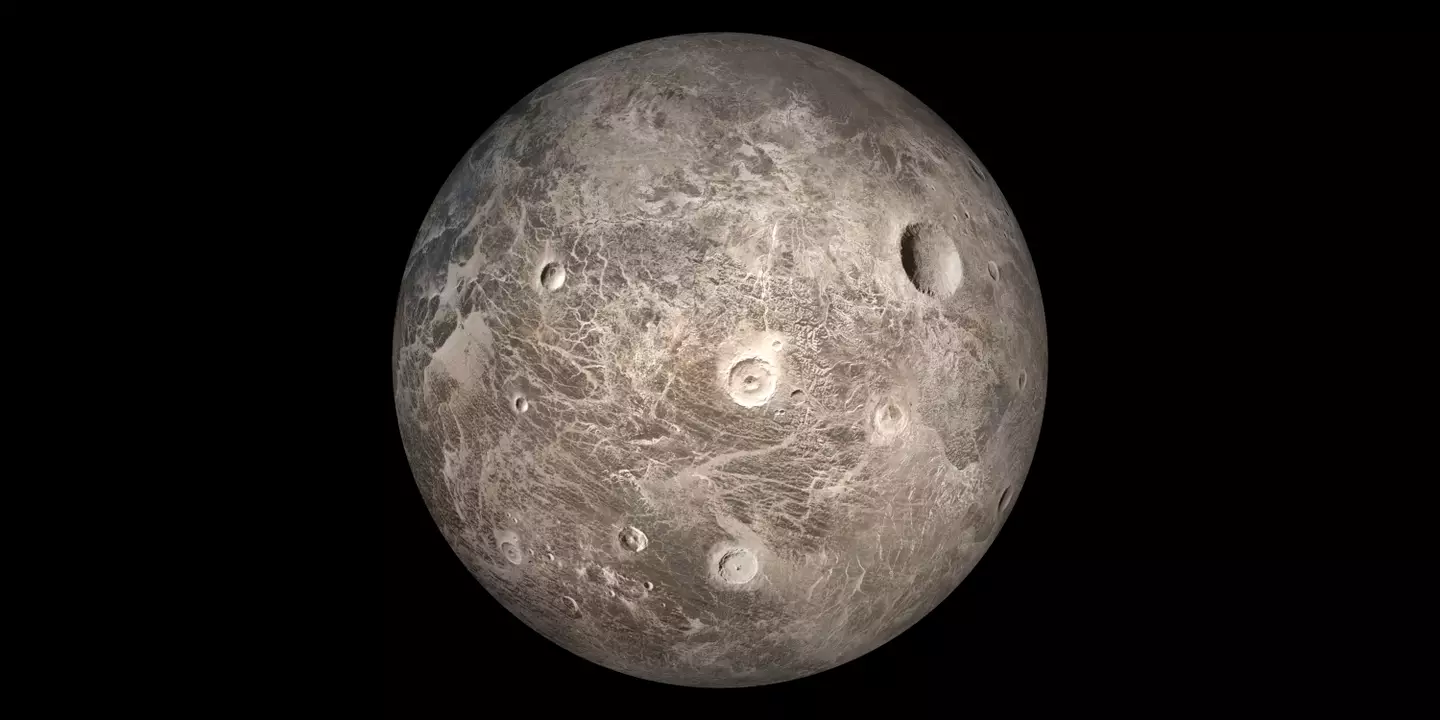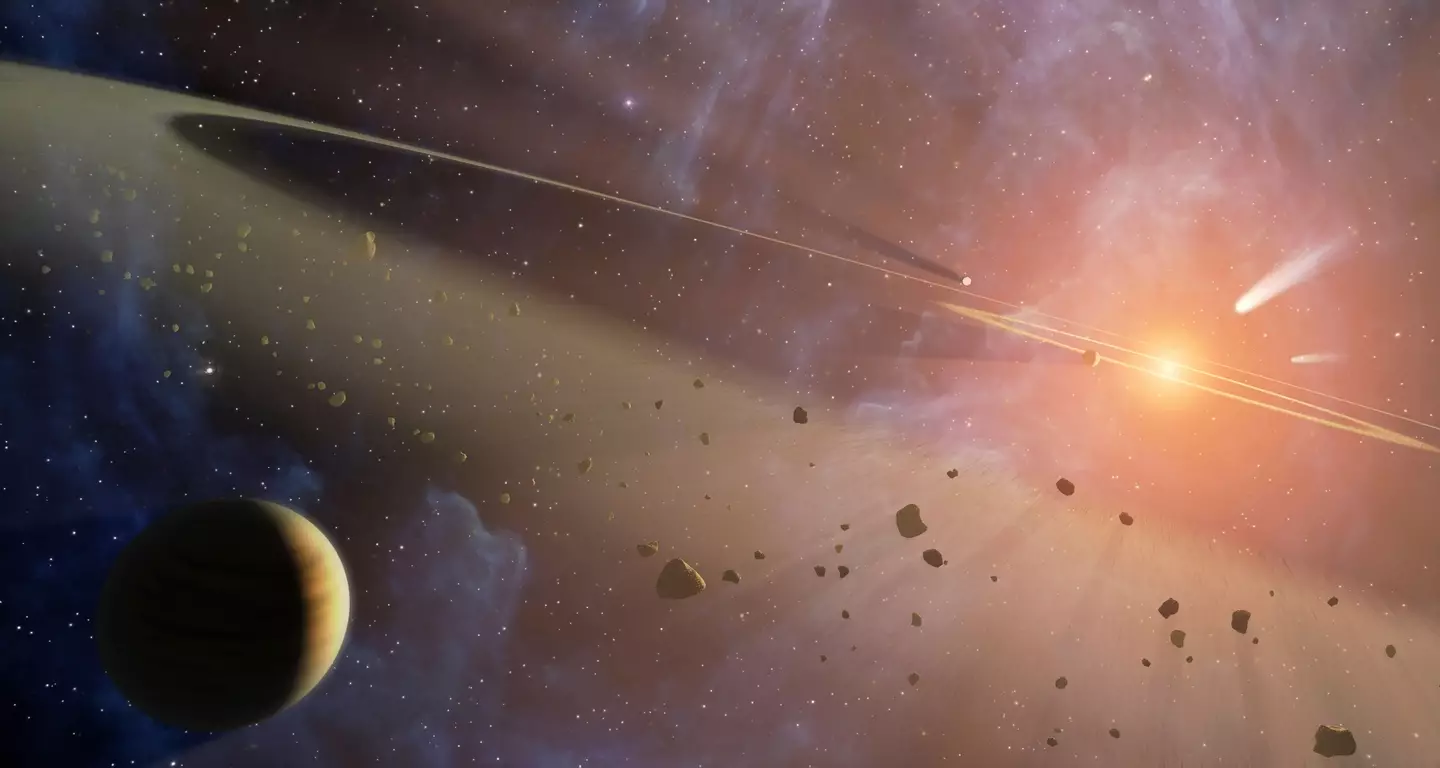
Researchers have floated an idea that confirms we are living in the future right now.
A group of Finnish researchers want to build a permanent habitat for people in space.
Yep, just like in Interstellar.
No, we don't think Matthew McConaughey will be there.
Advert
Anyway, as per a paper published in arXiv, the idea is to erect the first off-world colony for humankind in the orbit of the Ceres.
Want to know more about our future new home? Well, it's the only dwarf planet located in the inner solar system, according to Space Facts.
Looks like life outside our little blue planet might just be possible after all.
The European research team reckons it might even be 'better than Earth'.
Advert
Yikes, that is one big call.
Scientists say that Ceres, which was first discovered in 1801 by Giuseppe Piazzi, contains nitrogen and has a similar atmosphere similar to earth.

As an added bonus, the science boffins reckon there are no adverse weather conditions or natural disasters.
Advert
And it seems to have once had an ocean, so all we are hearing is 'beach day, everyday'.
The research paper added there’s plenty of space to be occupied by mankind.
However, one thing it needs is artificial gravity, which could be produced by 'spinning habitats attached to a disk-shaped mega satellite frame by passively safe magnetic bearings'.
The paper added: "The habitats are illuminated by concentrated sunlight produced by planar and parabolic mirrors."
Advert
Scientists also believe they could combat space radiation and the threat of meteorite impacts through massive cylindrical mirrors that could collect sunlight and pass it onto the planet while simultaneously blocking meteoroids.

The paper went on to say that the mission to colonize Ceres would also lead to life on other planets.
They wrote: "The motivation is to have a settlement with artificial gravity that allows growth beyond Earth’s living area, while also providing easy intra-settlement travel for the inhabitants and reasonably low population density of 500/km2."
Advert
In 2015, NASA’s space probe Dawn became the first spacecraft to visit the dwarf planet.
It was later discovered that there could be an ocean of water underneath Ceres surface - something that most other planets don’t have.
"We can now say that Ceres is a sort of ocean world, as are some of Saturn’s and Jupiter’s moons," Maria Cristina De Sanctis, Rome’s Istituto Nazionale di Astrofisica, told AFP, as per The Guardian.
And while NASA claims there are no signs of life on Ceres today, there may have been in the past.
Advert
According to their website: "If anything does live on Ceres, it's likely to be very small microbes similar to bacteria. If Ceres does not have living things today, there may be signs it harbored life in the past."
Sorry, Elon, forget Mars, we’ve got a new home on the horizon.
Topics: News, NASA, Space, Technology, Science
